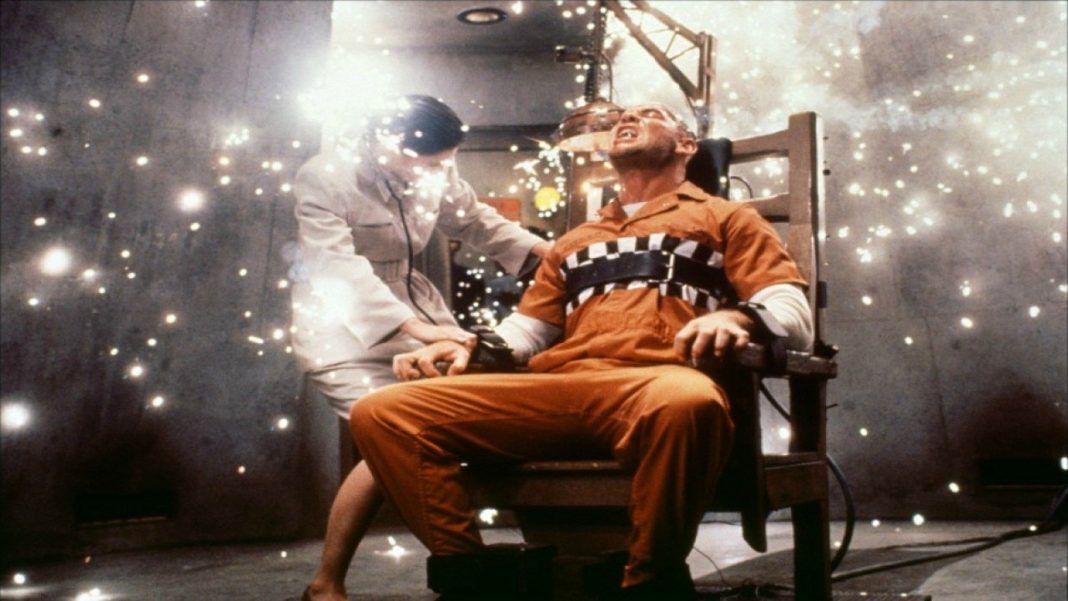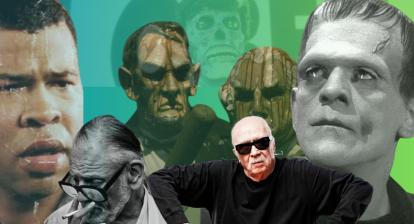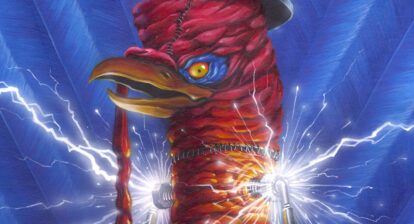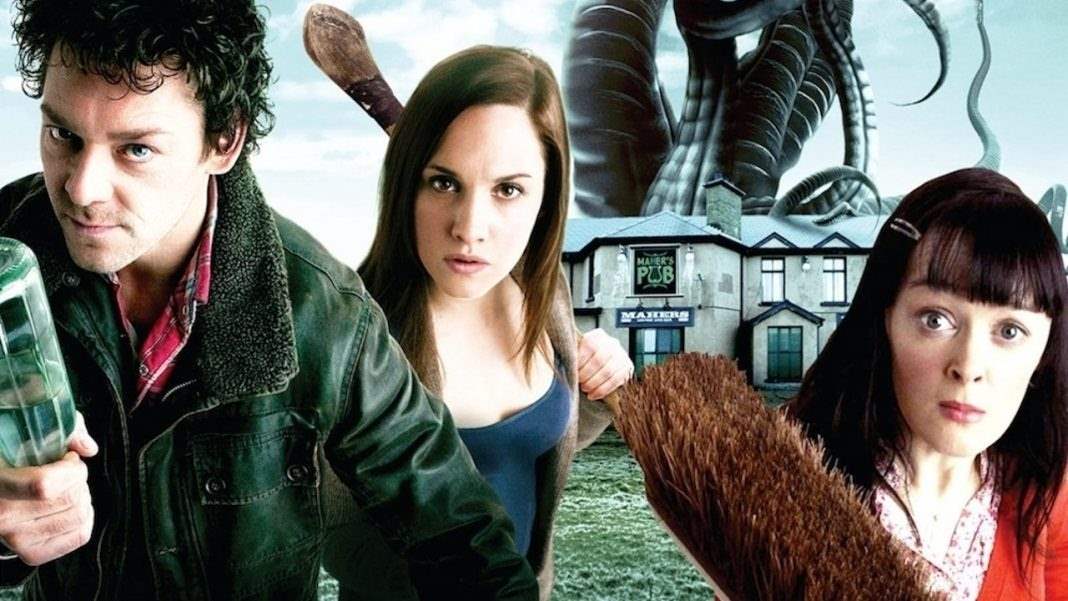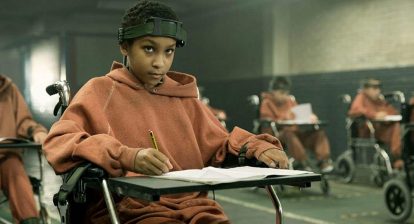Victor Frankenstein came out last week, but it seems like barely anyone noticed. The film is not faring well with critics, by and large and by all accounts it looks to be a pretty big flop. Having seen the film, my first, immediate thought is “why?” Does the film have its problems? For sure, but that doesn’t mean that it’s not a well-done and purely entertaining piece of film from beginning to end. I’ve loved Frankenstein since I was a kid, just like I loved all of the other classic monsters. There have been so many different versions, different incarnations of that tale that it’s almost impossible to make something that’s truly wrong or destroys that legacy in any way—although some do come close.
So it’s all the more ludicrous when people make such claims about this film, as so many in the fandom seem to be doing, especially because—given those box office returns—the vast majority of them still haven’t seen it. Victor Frankenstein is definitely a different take on the material than we’re used to seeing, but at the same time, it’s a movie that encapsulates every era and version of Frankenstein on film.
The film is uniquely told from the perspective of Igor (although he isn’t actually Igor, technically) who is saved from the circus life by Victor Frankenstein, who gives him a new life as his assistant in all of his unique research. Talking about his revolutionary discoveries every chance he gets, Frankenstein draws the attention of a devoutly religious police Inspector who vehemently opposes Victor’s theories.
Related: Script to Pieces: Guillermo del Toro’s Frankenstein
There is a very obvious morality play at the center of every Frankenstein story and the smartest thing that Max Landis did in crafting this script was to focus on truly treating that debate seriously. Each character represents a different side of the issue. The entire spectrum is represented, with Victor and the Inspector representing both extremes.
Victor believes with every ounce of his being that this is the most important discovery in human history and that this is what he needs to be doing. Igor believes it could be a great discovery, but also has some reservations. Igor’s love interest, Lorelai—a fleshed-out character in her own right—believes they should not be doing these experiments but does see some of the benefits. Then you have the Inspector, so morally offended to his core by the idea of what Victor is doing that he will go beyond the law to shut him down.
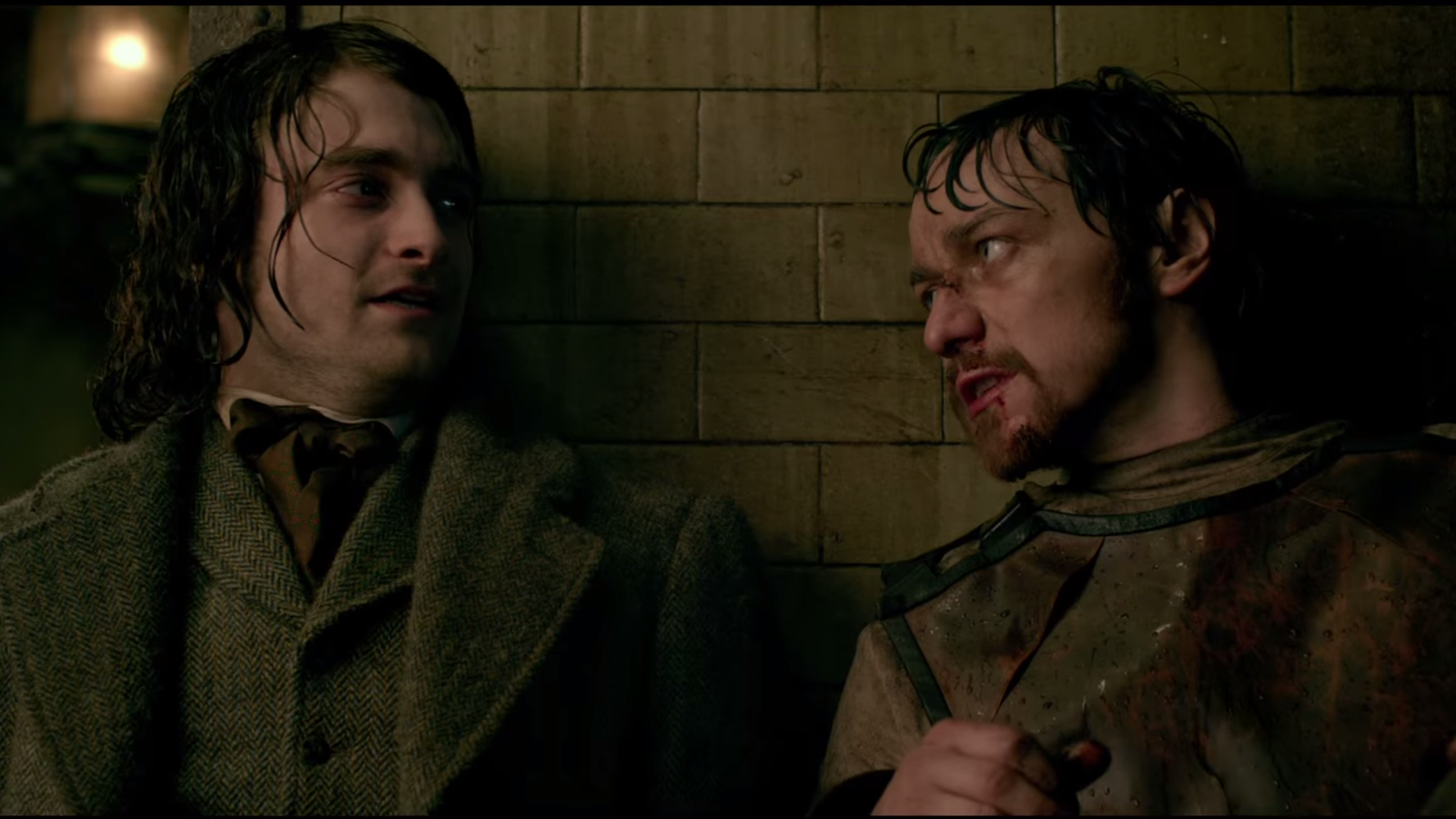 This serious core allows the movie to become the goofy, buddy cop comedy that it is. It’s surprisingly very funny. The chemistry between McAvoy and Radcliffe as Victor and Igor is truly excellent and carries with it some very intentional homoerotic subtext. The focus on telling the story through Igor’s eyes allows for a more honest portrayal of Victor Frankenstein than we usually get to see in adaptations that feel the need to soften him as the lead character. Here, we already have a lead we can relate and respond to, so Frankenstein gets to be as obsessive, arrogant and abrasive as he needs to be. At the same time, there is an unexpected backstory added to that character to at least provide understanding for how this obsession began to eat at him so greatly.
This serious core allows the movie to become the goofy, buddy cop comedy that it is. It’s surprisingly very funny. The chemistry between McAvoy and Radcliffe as Victor and Igor is truly excellent and carries with it some very intentional homoerotic subtext. The focus on telling the story through Igor’s eyes allows for a more honest portrayal of Victor Frankenstein than we usually get to see in adaptations that feel the need to soften him as the lead character. Here, we already have a lead we can relate and respond to, so Frankenstein gets to be as obsessive, arrogant and abrasive as he needs to be. At the same time, there is an unexpected backstory added to that character to at least provide understanding for how this obsession began to eat at him so greatly.
Many fans will be disappointed to know that the actual creation scene and the birth of the Monster only come toward the end, providing the film with its dramatic climax. But honestly, it works so well with how it deals with the entire subject matter and the idea of really exploring what Victor is doing that I almost think the feature didn’t even need the Monster at all in order to work. If it had ended with the strike of lightning and the flipping of a switch, I would have left the theater happy. Still, I’m glad to see a showdown with a Karloff-esque creation, even though it feels a little rushed.
WICKED RATING: 8/10

